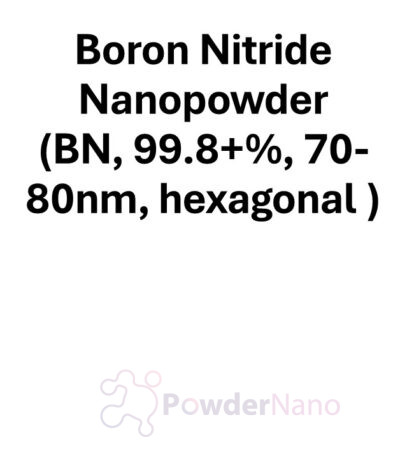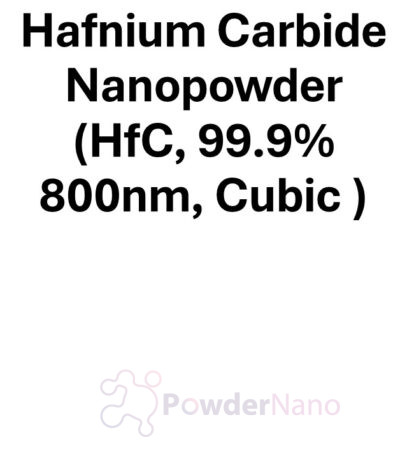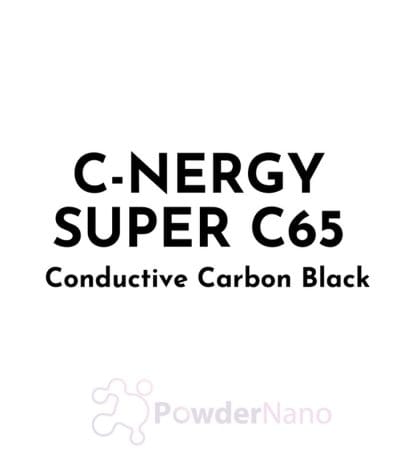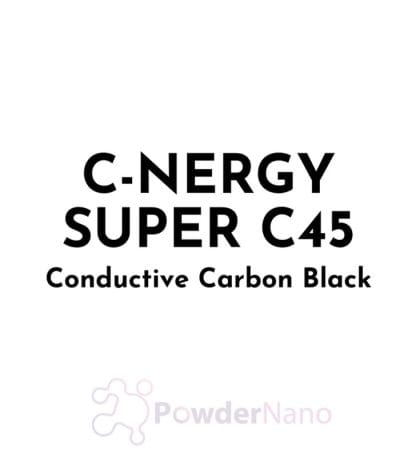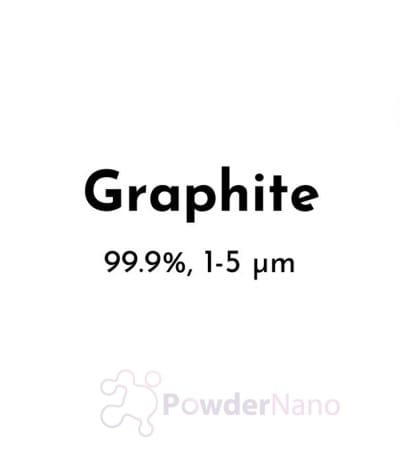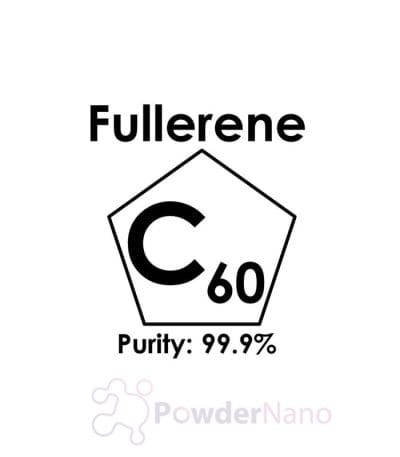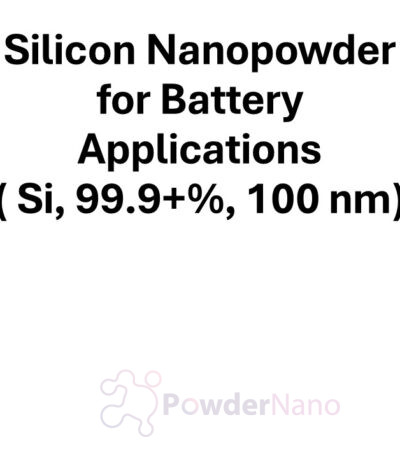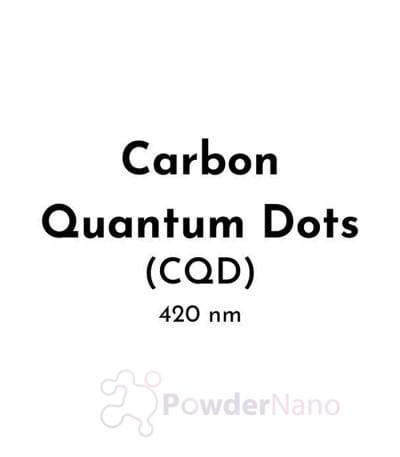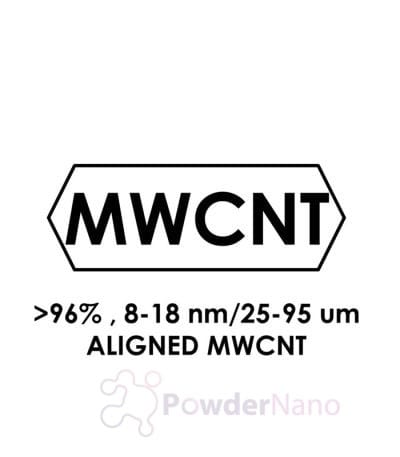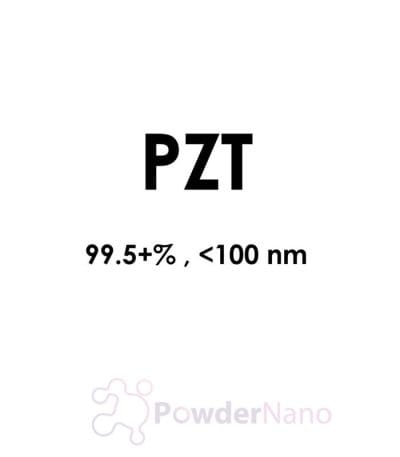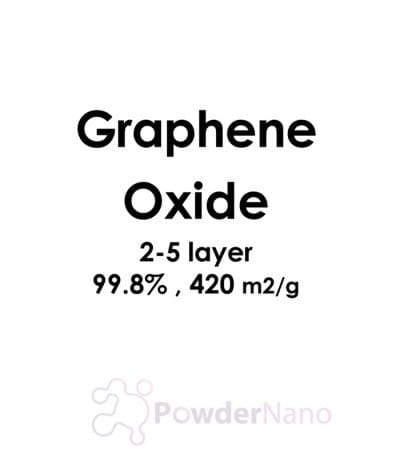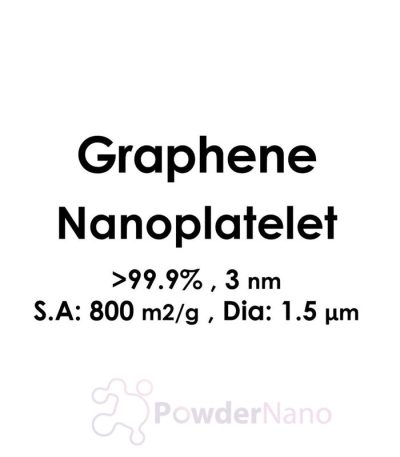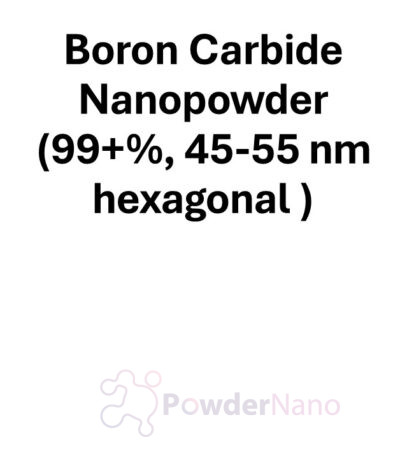Technical Specifications:
- Chemical Composition:
- Primary Ingredient: Boron Carbide (B₄C).
- Purity: 99+% (high purity suitable for advanced applications).
- Nanoparticle Size:
- Particle Size Range: 45–55 nm (nanometers).
- Particle Shape: Typically irregular or hexagonal plate-like, depending on the synthesis method.
- Crystal Structure:
- Structure: Hexagonal crystal system, contributing to its high hardness and thermal stability.
- Hardness:
- Exceptional hardness (~9.5 on the Mohs scale), ranking just below diamond and cubic boron nitride.
- Thermal Properties:
- Thermal Conductivity: High, enhancing heat dissipation and thermal management.
- Melting Point: ~2,350°C, suitable for high-temperature applications.
- Density:
- Low density (~2.52 g/cm³), making it ideal for lightweight applications.
- Color: Black or dark gray.
Applications:
- Abrasives:
- Purpose: Exceptional hardness makes B₄C ideal for cutting, grinding, and polishing applications.
- Application: Used in abrasive powders, lapping compounds, and high-performance grinding tools.
- Armor Materials:
- Purpose: High hardness and low density make it suitable for ballistic and blast-resistant materials.
- Application: Incorporated into body armor, tank armor, and lightweight protective equipment for defense and security applications.
- Ceramics:
- Purpose: Enhances mechanical and thermal properties of advanced ceramics.
- Application: Used in producing lightweight, wear-resistant, and high-temperature ceramic components for aerospace and industrial applications.
- Nuclear Applications:
- Purpose: B₄C is an excellent neutron absorber.
- Application: Used in nuclear reactors as a control rod material or neutron shielding.
- Energy Storage:
- Purpose: Improves efficiency and capacity in energy storage devices.
- Application: Used in lithium-ion batteries and other advanced energy storage systems.
- Composites:
- Purpose: Reinforces composites to enhance mechanical strength and thermal stability.
- Application: Incorporated into metal and polymer matrices for aerospace, automotive, and industrial applications.
- Nozzles and Wear-Resistant Components:
- Purpose: High wear resistance makes it ideal for applications involving erosion or abrasion.
- Application: Used in sandblasting nozzles, water jet cutters, and other high-stress environments.
- Refractory Materials:
- Purpose: High melting point and thermal stability make it ideal for extreme heat conditions.
- Application: Used in furnaces, crucibles, and high-temperature reactors.
- Catalysis:
- Purpose: B₄C nanoparticles act as a catalyst or support in chemical reactions.
- Application: Applied in hydrogen production, organic synthesis, and environmental remediation.
- Additive Manufacturing:
- Purpose: Enhances the properties of 3D-printed materials.
- Application: Incorporated into advanced materials for lightweight, high-strength components in additive manufacturing.
Key Benefits:
- Extreme Hardness: Provides superior wear resistance for abrasives, armor, and cutting tools.
- Lightweight: Combines high strength with low density for aerospace and defense applications.
- Thermal Stability: Maintains structural integrity at high temperatures, ideal for refractory and industrial uses.
- Nanoscale Advantages: High surface area enhances reactivity, dispersion, and integration into composite materials.
- Versatility: Suitable for a wide range of industries, including defense, energy, ceramics, and manufacturing.
Boron Carbide Nanopowder (B₄C) is a high-performance material ideal for abrasives, armor, ceramics, energy storage, and nuclear applications, offering exceptional hardness, thermal stability, and lightweight properties for cutting-edge technological advancements.
